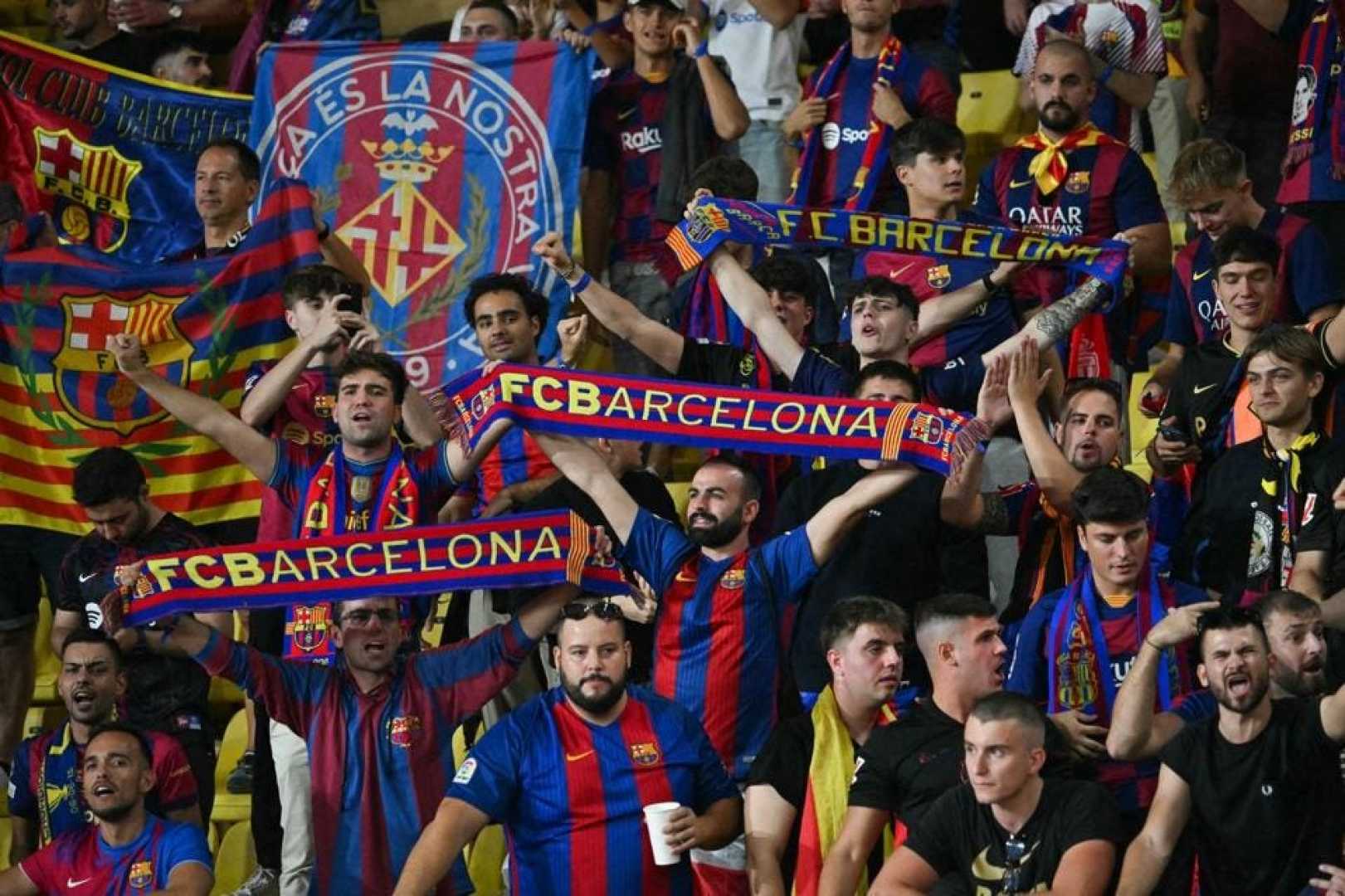Sports
Challenges in Fan Ownership: The Case of FC Barcelona

FC Barcelona, once a beacon of inspiration for fan ownership in football, is grappling with significant challenges that highlight the complexities of such a structure. Owned by its members, known as Socios, the club allows its supporters to elect the president and influence its direction. This model had endeared the club to many fans worldwide, particularly in the UK, who felt disconnected from their teams due to corporate ownership.
In the late 2000s, Barcelona epitomized success and purity in football, famously refusing to have a sponsor on their shirts and displaying ‘Mes Que Un Club’ or ‘more than a club’ at their iconic Camp Nou stadium. These principles made FC Barcelona a paragon for those advocating for fan ownership models in football.
However, recent years have seen a decline in Barca’s fortunes, with the club now seen as a cautionary tale of mismanagement. The once-mighty footballing giant is now beset by financial woes and struggles tied to its ownership model and strategic missteps. “A private company, with me as president, will never happen,” declared President Joan Laporta, reinforcing the club’s commitment to remain owned by its members amidst financial turbulence in November 2022.
FC Barcelona’s financial struggles have been profound, prompting the use of “financial levers” to remain competitive in the transfer market after the COVID-19 pandemic. These measures involved mortgaging future income and engaging private equity, which critics warn could have long-term repercussions. Laporta defended these actions, stating, “With the levers, we have saved Barca from ruin and have constructed a competitive team.”
Nevertheless, these measures have led to debates about the appropriateness of fan ownership in professional football. Barcelona’s democratic ownership model has led to a focus on short-term success, with presidents often resorting to high-profile transfers to satisfy fans without a cohesive long-term strategy. The costly acquisitions, such as those of Philippe Coutinho, Antoine Griezmann, and Ousmane Dembele, underscored this approach, leading to financial difficulties.
In contrast, Real Madrid‘s stability under Florentino Pérez, who has prioritized more strategic investments in younger talent, reflects a differing model that has yielded sustained success. The pressure to deliver short-term successes under Barca’s model illustrates the inherent risk in fan ownership serving as primary decision-makers.
In the UK, fan ownership remains a revered concept, often championed as an ideal over potentially volatile private ownership. Yet, Barcelona’s experience serves as a critical reminder of the need for balanced governance, where passionate fans have a voice but are not the sole arbiters of a club’s direction.












